Women of Iraq Leading the Way
Christine Merser, August 5, 2025
An extraordinary thing is happening in Iraq. Let me say it again. Iraq. The women have started a political party.
In a country so often reduced to war headlines, oil pipelines, and international chess games played with other people’s lives, something quieter, more seismic, is taking root. A political party is being formed—made up entirely of women. Not a women’s caucus. Not a token slate. A party. Only women. From the ground up.
It didn’t start in a palace or a press room. It started, as these things so often do, around a kitchen table. Five women, two of them mothers, one a widow, one a teacher, and the last a former parliament staffer who had sworn off politics entirely, met in a borrowed apartment in Baghdad. They were supposed to be discussing how to get more sanitary products into refugee camps. They left the meeting with the bones of a constitution for a new political movement.
They weren’t angry. They were finished. Finished with waiting. Finished with asking. Finished with watching the same old faces, almost all of them male, fail upward while women cleaned up the aftermath of war, of corruption, of indifference.
From that first meeting came a second, and then a third. Not just in Baghdad but in Basra, Erbil, Najaf, and Mosul. Word spread not through press conferences but through WhatsApp, through whispered phone calls, through hand-written invitations folded into pockets and passed between hands. Some of the women had lost husbands to militias. Others had watched their daughters vanish into forced marriages or be killed for honor. Some had never been taught to read, but they showed up anyway. They knew what justice didn’t look like. That was enough to begin.
They decided early on that the party would include only women, not just as candidates but in leadership, in strategy, in public-facing roles. This was not about symbolism. It was about survival. They knew the minute a man joined, the minute the structure mirrored every other party in Iraq, the project would be co-opted, softened, or killed. So they held the line.
But that didn’t mean they excluded men from the movement. Husbands showed up to cook for planning meetings. Sons guarded the doors. Brothers drove women across provinces to meet each other. One imam offered his back room as a safe place for strategy sessions, saying simply, “This country will not heal without its mothers.”
They called it The Gathering. That’s not its official name. The official name is still under legal review, because the laws around party registration in Iraq are, let’s say, not designed for women who don’t ask permission. But inside the movement, everyone calls it The Gathering. Because that’s what it is. A gathering of the forgotten. Of the caretakers. Of the survivors. Of the unbroken.
Their platform is simple. It is built from experience, not ideology. They want maternal health clinics in every province. They want education for girls that includes leadership, history, and technology, not just sewing and scripture. They want an end to laws that let men walk away from honor killings. They want economic independence and community banking for women entrepreneurs. They want seats at the table where oil contracts are discussed and war is debated. But more than anything, they want to build a politics that is collaborative, not competitive. A structure that listens before it commands.
They use a circle model for decisions. No one person leads every meeting. They pass a cloth around, green, embroidered with the word Sama’a, which means “listening,” and whoever holds it, leads. When the cloth is laid down, decisions are made.
At first, they were dismissed. Then they were mocked. Then came the threats.
One woman found a dead cat nailed to her door. Another was told by her tribal council that if she didn’t withdraw from the group, her father’s land would be seized. But still they gathered. In homes, in mosques, in women’s shelters and schoolyards and gardens. They gathered. And the Gathering grew.
Now, as Iraq approaches its next election cycle, there are whispers in Parliament. The other parties are watching. One faction tried to recruit some of the women, to dilute the momentum. It didn’t work. The women aren’t interested in being absorbed. They’re interested in something much more dangerous, governing.
No one is pretending it will be easy. The political machinery in Iraq is not built for honesty, or transparency, or feminine power. But these women are not asking it to be. They are building something parallel. Something new.
Iraq has long been a graveyard of foreign hopes. But now, beneath the radar of most media, and far from the eyes of those who still think of Iraq as nothing but conflict and sand, a resurrection is quietly underway.
A party of women. In Iraq. Let that echo.
If they can do it there, if women in Iraq, in the shadow of war and loss and centuries of being silenced, can gather and build a political party entirely their own, what excuse do we have here?
What are we waiting for?
What could we create if we stopped trying to fit into the structures that were never made for us and started building something outside them, above them, beyond them?
What if we gathered not to protest what men have done, but to build what women know is possible? What if we designed governance not around power, but care? Not around wealth, but wisdom? Not around fear, but the future?
It wouldn’t just shift the trajectory of our politics. It would shift the very soil beneath it. The foundation would no longer be hierarchy, competition, and scarcity. It would be collaboration, compassion, and abundance. And the arc of history, the one we keep hoping will bend toward justice, might finally be pulled there by women who decided not to wait for permission.
If they can do it in Iraq, then surely, we can do it anywhere. Especially here. Especially now.
I’m still in awe. I just want to put it out there. As a thought. On a Tuesday in August, 2025, when all around us it feels as if the sky is falling.
The fact that I happen to have a book launching this week in paperback, and next week on Kindle, called Circles of Collaboration, feels almost too aligned to believe. It’s a historical exploration of how women, since the beginning of time, have built stronger, more resilient systems through circles of collaboration, rather than the hierarchical, top-down model men have clung to for centuries. And, then it gives the blueprint for women doing it now, and how we need to go back to this template today. I know. I know. I’m stunned by the timing too. But I hope the book is a good one. It makes the case for setting aside the patriarchal pyramid and returning to what women have always done best, building together, without ego, without dominance, without demanding center stage. If the story of these women in Iraq moved you, I hope you’ll consider reading it. And I hope you’ll reach out. You’ll be hearing from me in other arenas as I go on tour this fall, not just promoting a book, but offering a blueprint for how we can lead, govern, and grow differently. Oh, the stories I have to share. Oh, the history I uncovered. I’d love to hear yours too. Get in touch. CM


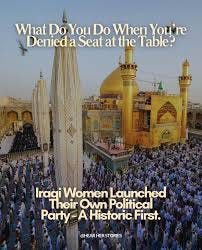
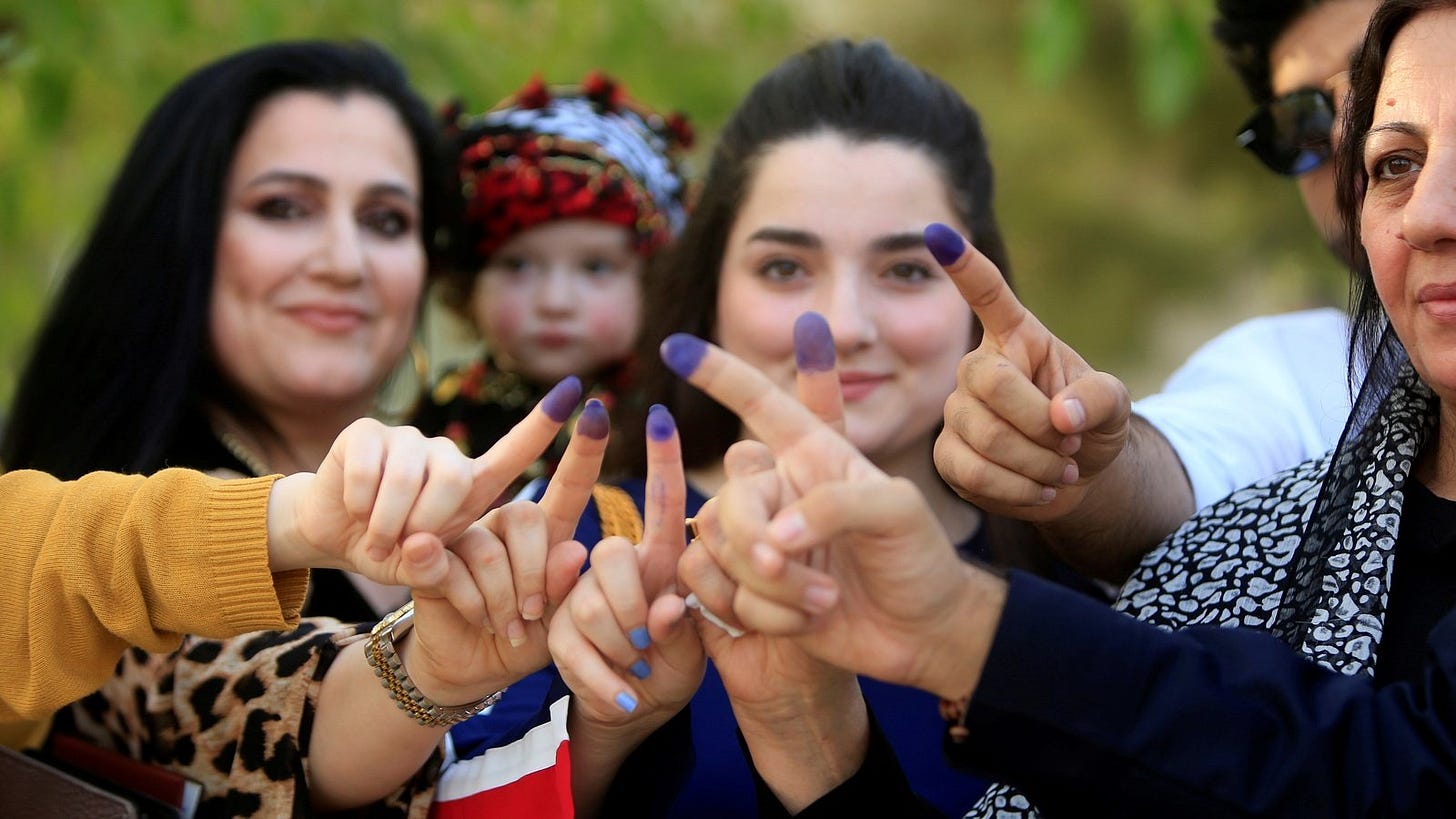
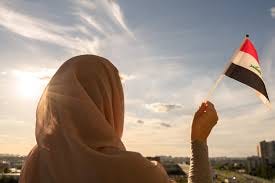
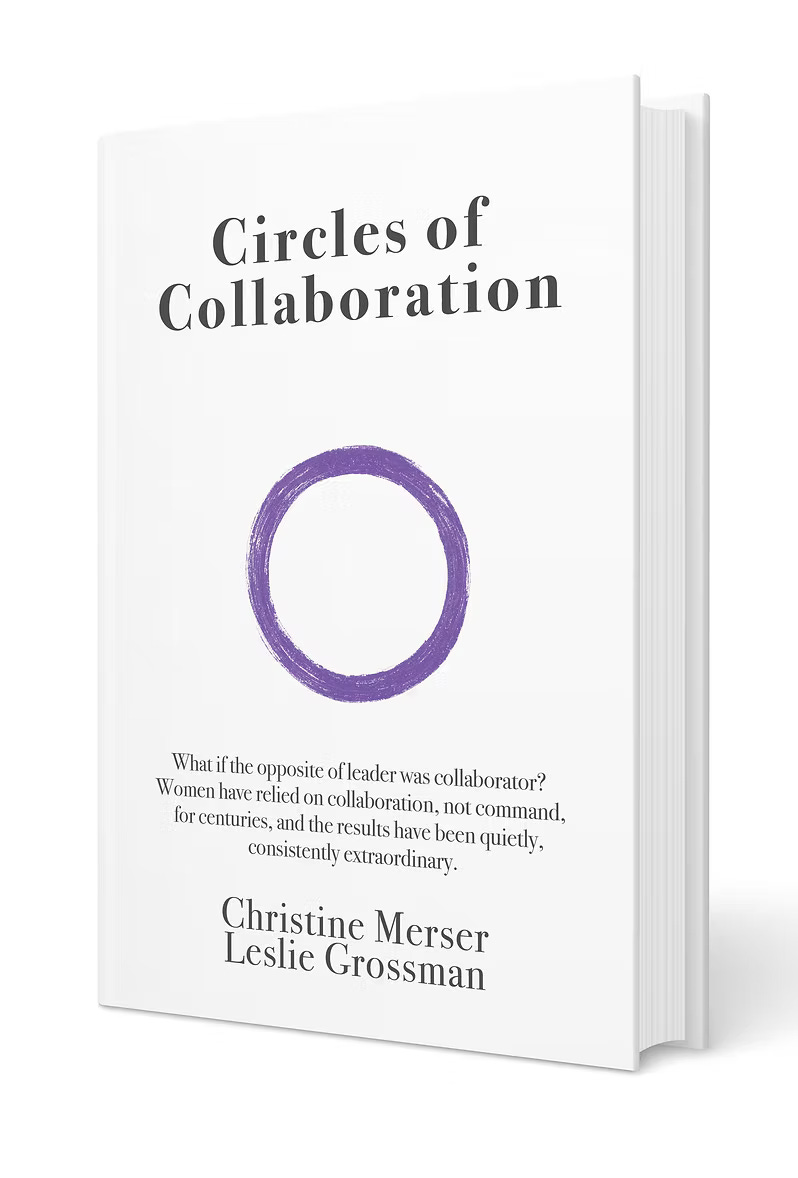
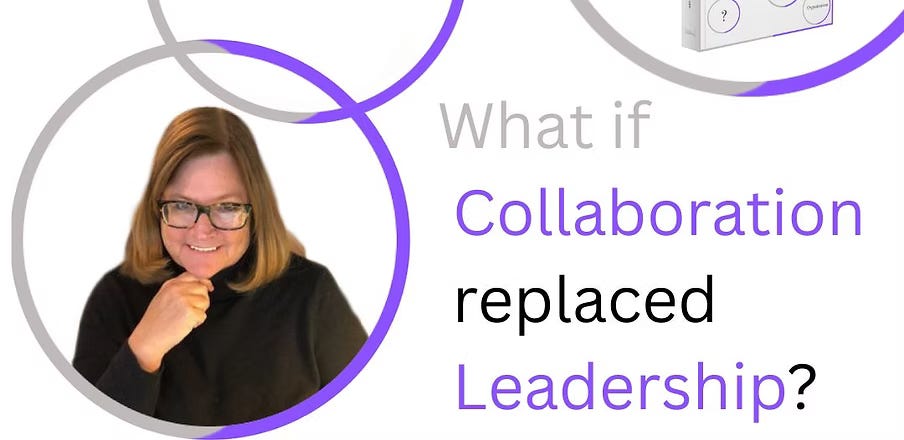
So uplifting to hear this story of strong women in Iraq. Reminds me of the founding days of Hayground School (strongly influenced by the Shinnecock Nation) where all meeting were circle meetings and they passed a moccasin to the next speaker. All decisions were by concensus.
Five women!!! It's a sign Christine.......